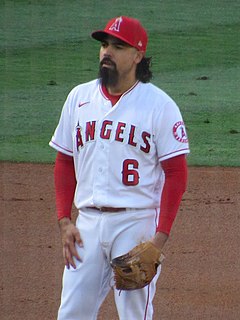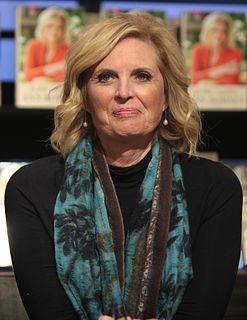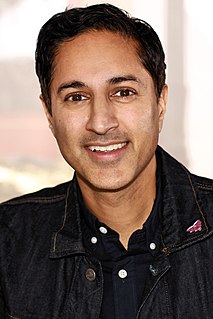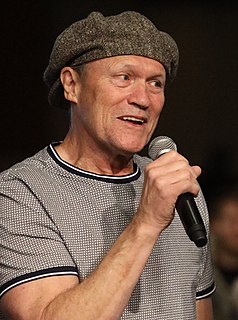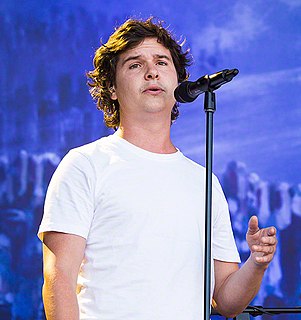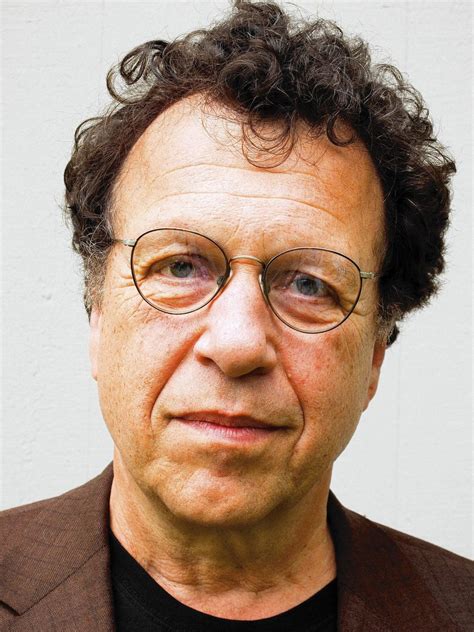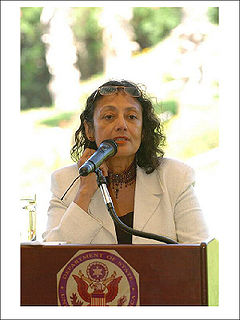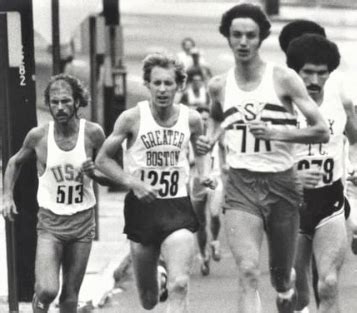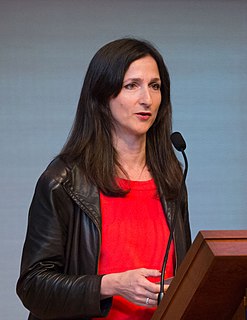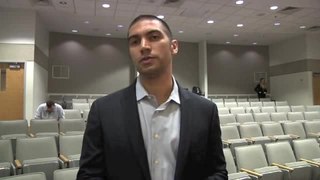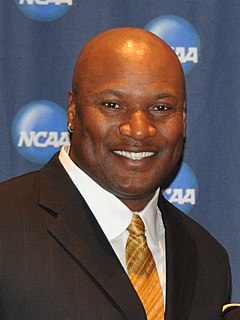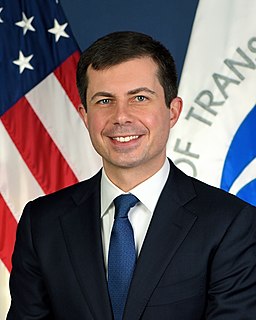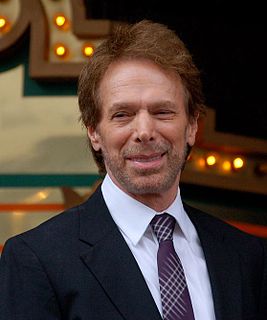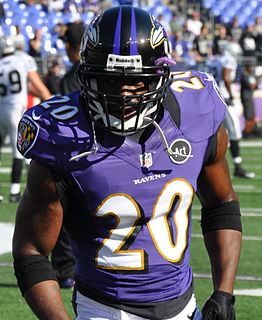Top 1200 Neighborhood Quotes & Sayings - Page 18
Explore popular Neighborhood quotes.
Last updated on December 22, 2024.
It's easier to go outside and play basketball. You can shoot around by yourself. Play pick-up. Whereas with baseball, no one likes putting a ball on a tee, hitting it, chasing it and putting it back on a tee. You need more than a few guys. So I was always in the neighborhood playing basketball with my friends.
I remember being a little kid sitting in the living room with my brother and some friends from around the neighborhood, and I would sit at the piano and as they were running around the room doing different things and being silly, acting out, I would actually play the score for it - the music that went along with it.
We're seeing China push very hard in its immediate neighborhood, particularly in the maritime zone surrounding China, to kind of create a security zone for itself, trying to lock in the territorial and maritime gains that it can now, before a period of much more difficult choices arises some time in the 2020s.
At age 12 I had an obsession with Kubrick's A Clockwork Orange and then proceeded to watch all the other Kubrick films I could including a doc called Stanley Kubrick: A Life in Pictures in which it was revealed to me that he started as a photographer...I got a camera sometime shortly after, but spent many years just photographing flowers in my neighborhood.
Interference is a terrific page-turner, but it's also a haunting, powerful look at the way families and friendships entangle us all. Berry is a sharp-eyed, engaging writer, and she deftly captures the terrors, ruptures and intimacies of one seemingly ordinary neighborhood, always finding a precarious beauty in her characters' lives. This is a book that is terrifying, startling, and very hard to put down.
I live in New York and there are a lot of famous... pizzerias in my neighborhood, it's really hard to find one that isn't famous. Which sucks sometimes, you know what I mean, sometimes I don't want all that glitz and glamour, I just want something delicious, you know? I don't need a celebrity in my mouth, Ray's Up And Coming Pizza would be fine.
I am anxious to see the doctrine of one god commenced in our state. But the population of my neighborhood is too slender, and is too much divided into other sects to maintain any one preacher well. I must therefore be contented to be an Unitarian by myself, although I know there are many around me who would become so, if once they could hear the questions fairly stated.
They were not easy years. You have to understand, I was raised in a lovely neighborhood, as was Mitt, and at BYU, we moved into a $62-a-month basement apartment with a cement floor and lived there two years as students with no income... Neither one of us had a job, because Mitt had enough of an investment from stock that we could sell off a little at a time.
When I was growing up in Baltimore, the Colts were not just a team that played in the city. It was part of the city. Football players didn't make close to the money they make today and most took jobs in the off-season. Some were mechanics, others worked at furniture stores, and you could find them drinking at a neighborhood watering hole.
To approach a city, or even a city neighborhood, as if it were a larger architectural problem, capable of being given order by converting it into a disciplined work of art, is to make the mistake of attempting to substitute art for life. The results of such profound confusion between art and life are neither life nor art. They are taxidermy.
It was common practice for me to take my children with me whenever I went shopping, out for a walk in a white neighborhood, or just felt like going about in a white world. The reason was simple enough: if a black man is alone or with other black men, he is a threat to whites. But if he is with children, then he is harmless, adorable.
Inspiration is really all around us. I pay attention to a lot of different fields. I stay up on current events. I go to community meetings to see what concerns the people in my neighborhood. Paying attention to social interactions offline really inform interactions online. The real world is a bottomless source of inspiration for what you can build.
If there's a 13- or 14-year old kid who is yearning for something beyond the social forces in his own world, in his own neighborhood, the library is the only place where he can go to find that. It was exciting and thrilling to me all the time I worked in the library. It's such a force for social good and it can do so much.
I grew during segregation in an all-black segregated neighborhood with segregated schools, etcetera. I was raised by a great father, my hero, who I much admired. So, I never really had anxiety in the way that someone like Obama would have. When he walks down the street alone, since no one knows who his mother is, they're just going to see him as a black guy.
Let Girls Learn issue has always been personal for me. I grew up in a working-class neighborhood on the South Side of Chicago where most folks, including my parents, didn't have college degrees. But with a lot of hard work - and a lot of financial aid - I had the chance to attend Princeton and Harvard Law School, and that gave me the confidence to pursue my ambitions.
The size of a man's income has considerable effect on his access to the world beyond his neighborhood. With money he can overcome almost every tangible obstacle of communication, he can travel, buy books and periodicals, and bring within the range of his attention almost any known fact of the world.
I jumped at the chance and auditioned for a leading role in the musical 'Hair,' which was touring in Berlin and London. I won roles in both productions and left my job as a secretary after 18 months in 1970 to join the cast of 'Hair' in Berlin. I opted for Berlin because a girl from my neighborhood was also going to perform in 'Hair' there.
We had a thing there where you could turn in - it was some sort of recycling program - the bottle caps of RC Cola. You'd turn in 12 of them, and you'd get a ticket to see a movie. That's how I started going to the movies. Running around the neighborhood looking for bottle caps. We were like little scavengers.
I was skating with friends in my neighborhood, and then eventually I was invited to go to the skate park with one of them. When I saw people flying all around - literally flying in and out of bowls - that is when I knew I wanted to do it. I wanted to figure out how I could get there and how I could fly.
The walking tour guides one through the city's various landmarks, reciting bits of information the listener might find enlightening. I learned, for example, that in the late 1500s my little neighborhood square was a popular spot for burning people alive. Now lined with a row of small shops, the tradition continues, though in a figurative rather than literal sense.
I just thought it would be awesome to become a lawyer, especially being from a neighborhood seeing the police rough up so many people unnecessarily, people who haven't done nothing. Growing up with kids from dysfunctional families and stuff, I just felt that some kind of difference could be done. And now I'm getting to do it with music instead.
Now, the term 'friend' is a little loose. People mock the 'friending' on social media, and say, 'Gosh, no one could have 300 friends!' Well, there are all kinds of friends. Those kinds of 'friends,' and work friends, and childhood friends, and dear friends, and neighborhood friends, and we-walk-our-dogs-at-the-same-time friends, etc.
In traditional Hindu families like ours, men provided and women were provided for. My father was a patriarch and I a pliant daughter. The neighborhood I'd grown up in was homogeneously Hindu, Bengali-speaking, and middle-class. I didn't expect myself to ever disobey or disappoint my father by setting my own goals and taking charge of my future.
I think the president [Barack Obama] adopted some of that same language, but took it into the White House. And I think, like, there's a crucial difference between being, you know, Joe Schmo in the neighborhood and being the head, you know, of the government that, you know, in many ways is largely responsible for those conditions in the first place.
I used to stand in front of the mirror in my bedroom. I shared a bedroom - like a lot of people in my era, in my neighborhood - with my two brothers and an uncle. And I'd stand there in front of the mirror over the dresser and I would practice: meek young men grow up in libraries, believing it their duty to accept the views of Cicero, Bacon and Baba.
I've had times where one of my roommates was moving out of the house in college, and because we were the only black people in that neighborhood, the cops got called, and we had guns drawn on us. Came in the house, without knocking, guns drawn on my teammates and roommates. So I have experienced this.
Sure, the first light snowfall may be a chance to dance giddily, leaving squeaky footprints through the neighborhood, marking the runner's right to the domain. But later drubbings of snow merely complicate running. Snow turns to ice, to slush, to ice again. Tire ruts twist ankles. New snow hides the hazards.
We stand on a great threshold in the human history of space exploration. If life is prevalent in our neighborhood of the galaxy, it is within our resources and technological reach to be the first generation in human history to finally cross this threshold, and to learn if there is life of any kind beyond Earth.
I visited the Museum of Modern Art last spring and spent time with David Alfaro Siqueiros's painting, 'Echo of a Scream (1937).' I got spun out by the way he creates tension and movement through the interlocking details in the painting. This poem began as an emulation of Siqueiros's compositional style and, in the process, became an ekphrastic aubade about my old neighborhood.
When the kids see the poverty in their neighborhood, but they see these successful kids who come from the countries they come from, come from Mexico, come from Korea, come from the Philippines, come from Salvador, and were doing really well, it motivates them to do better. The former students give them a vision of what's possible.
Going to school is not the same as going shopping. Parents should not be burdened with locating a suitable school for their child. They should be able to take their child to the neighborhood public school as a matter of course and expect that it has well-educated teachers and a sound educational program.
I'm not naive. All politics is about identity, right? Neighborhood politics, cultural politics, issue politics. It's not as though I don't get that. It's just - it has to be, I think, tempered in a way that is for our overall advancement and not to our detriment or obliteration. When I say 'our,' I don't mean just communities of color.
One of the happier ironies of recent history is that even as Tibet is being wiped off the map in Tibet itself, here it is in California, in Switzerland, in Japan. All over the world, Tibetan Buddhism is now part of the neighborhood. In 1968, there were two Tibetan Buddhist centers in the West. By 2000, there were 40 in New York alone.
For years, we've been bludgeoned with the cliche "information is power." But information isn't power. After all, who's got the most information in your neighborhood? Librarians. And they're famous for having no power at all. And who has the most power in your community? Politicians. And they're notorious for being ill-informed.
I do not know how to love God except by loving the poor. I do not know how to serve God except by serving the poor.... Here, within this great city of nine million people, we must, in this neighborhood, on this street, in this parish, regain a sense of community which is the basis for peace in the world.
We're not obligated to watch ourselves be dissolved away simply because it's not fair that we're so big and powerful. And a lot of people think that it is. And it's not. It's not an obligation. You wouldn't let your own home be treated this way. You wouldn't let your own neighborhood be treated this way. And you don't have to let your own country, either.
Properly speaking, global thinking is not possible... Look at one of those photographs of half the earth taken from outer space, and see if you recognize your neighborhood. The right local questions and answers will be the right global ones. The Amish question, what will this do to our community? tends toward the right answer for the world.
'Serial Mom' tested really well when we finally got with the right audience. But they would go to some shopping mall in a deep, deep suburban L.A. neighborhood where they knew people would hate, and they just wanted to spend money to prove that people wouldn't like it. The movie was not a success when it came out.
I use the [vulgar] words because apparently these words do not corrupt morally. I'm from the street in New York, hung around in a tough neighborhood. It was common to curse, you make your point. It's a very effective language. I try not to overdo it. It's never to shock. I know where it fits, it's never to shock. There's no shock value left in words.
We see God all the time here. People only hear bad things about our neighborhood. Kensington is known as the badlands. I always say you have to be careful when you call a place the badlands because that is exactly what they said about Nazareth. Nothing good can come from there. I think we see God in the margins.
So often, in my life, when you play a joke on another actor, you say, 'Hello? Steven Spielberg? It's for you.' What's it feel like? It's bizarre. He feels like he's a friend. He feels like he's some kid in the neighborhood who has a camera and makes films, now and then, and says, 'Would you come 'round and play?' It doesn't feel grand at all.

